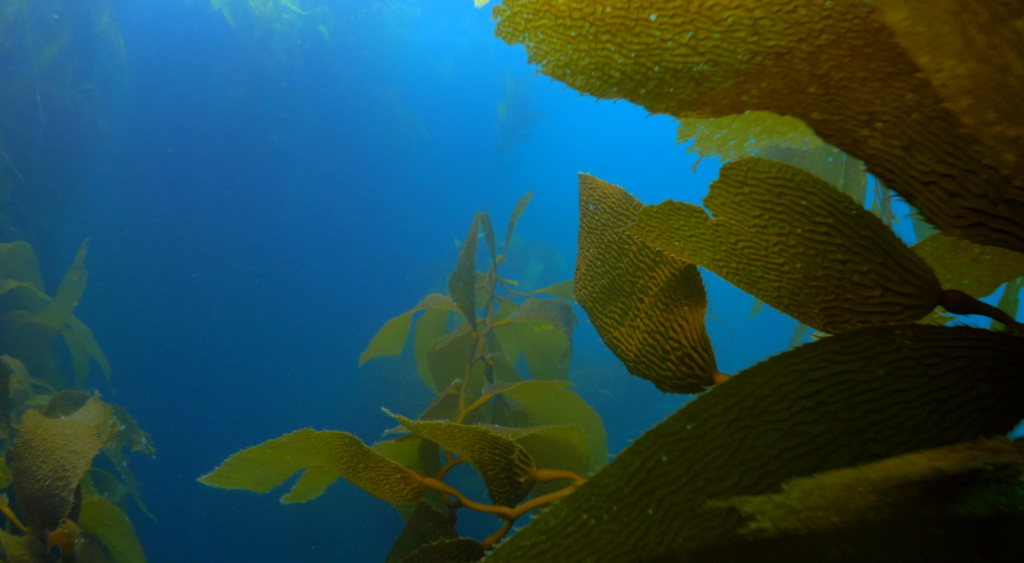Why water means the world to us
30 years ago, Malcolm and Melanie Rands founded ecostore on New Zealand’s Northland coast, in an eco-village dotted with pristine streams. The hardworking, highly effective products they created, without harmful or unnecessary chemicals, were designed to protect the people they loved and the environment they called home.
The problem is that even after passing through water treatment plants, small quantities of chemical compounds from cleaning products can end up in our waterways and oceans, creating problems for nature. For example, the phosphates used in some laundry detergents to soften hard water, can trigger the widespread growth of algae that sucks oxygen from the water, suffocating other life and impacting biodiversity.
If we want our products to effectively break down after use, what we leave out of our formulations is just as important as what we put in. That’s why we apply the following criteria to all our products:
Readily biodegradable
Ingredients must be readily biodegradable and/or environmentally innocuous.
No harm to aquatic life
Formulations must not pose significant concerns to aquatic life.
Septic tank friendly
Formulations must be suitable for septic tanks, and not be disruptive to healthy septic processes.
What about greywater?
This is water that has been used minimally, usually from bathroom sinks, showers, baths and washing machines. Many of our products are ‘greywater safe’, which means that they can be used on lawns, flower beds and trees (avoiding edible plants). This doesn’t include water from toilets, dishwashers or the kitchen sink, which is contaminated and called ‘blackwater’. This is why you won’t see “greywater safe” on our dishwashing and toilet cleaning products.
Do your little bit
At ecostore, we believe that if we all take small positive steps, it adds up to a meaningful difference. Here are three ways you can help to protect one of our planet’s most precious resources.
1: Be mindful of what you put down the drain. Avoid oils, medicines and chemicals and dispose of toxic substances safely.
2: Organise a clean-up. Gather your friends and family together for a day of litter-picking at your local beach, river, stream or wetland.
3: Wash your car on the grass. Grass acts as a natural filter and traps pollutants like oil, dirt and grease before it enters storm water drains.
